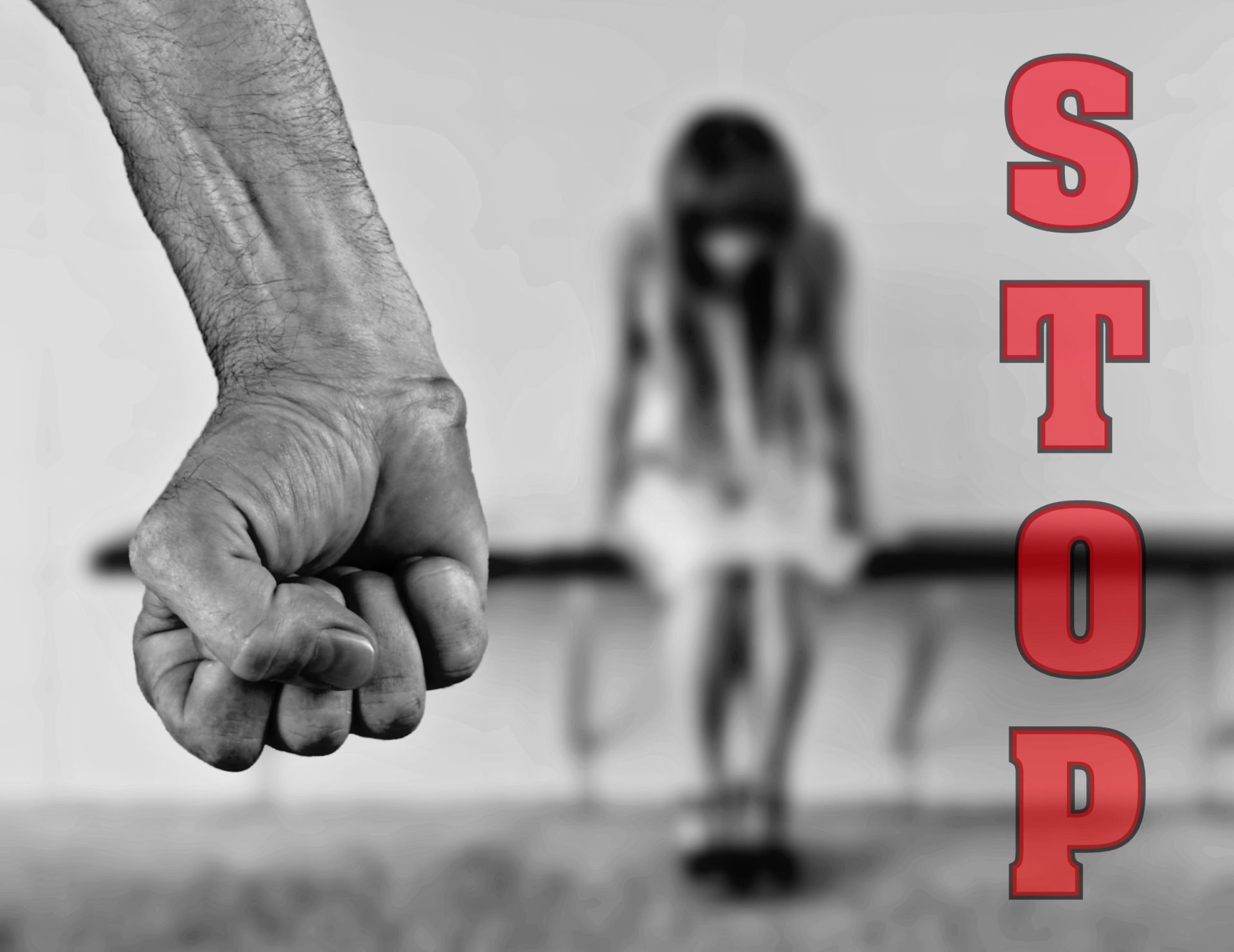Domestic violence is a pervasive issue in India, but the legal system offers robust protections for victims. Understanding these protections and knowing the steps to take can empower victims to seek safety and justice.
The Protection of Women from Domestic Violence Act, 2005 (PWDVA) is the cornerstone legislation addressing domestic violence in India. It provides comprehensive protection to women facing physical, emotional, sexual, and economic abuse. Key provisions include Protection Orders, which restrict the abuser from contacting or approaching the victim, and Residence Orders, allowing the victim to stay in the shared household. Additionally, Monetary Relief can be granted to cover medical expenses and loss of earnings, while Custody Orders ensure the safety of children by granting temporary custody to the victim.
The Indian Penal Code (IPC) also provides crucial legal remedies. Section 498A addresses cruelty by a husband or his relatives, leading to imprisonment for up to three years and a fine. Section 304B deals with dowry deaths, prescribing a minimum sentence of seven years, which can extend to life imprisonment. Section 323 penalizes voluntarily causing hurt, while Section 506 covers criminal intimidation, including threats to cause death or grievous harm.
If you are a victim of domestic violence, immediate action is essential. Your safety is the top priority. If in immediate danger, call the police at 100 or the Women Helpline at 1091. Seek refuge with trusted friends, family, or a women’s shelter. For physical injuries, seek medical attention promptly and ensure that your injuries are documented, as these records serve as vital evidence.
File a First Information Report (FIR) at your local police station, providing detailed information about the incidents. Approach a Protection Officer, who can assist in filing a Domestic Incident Report (DIR) and seeking protection orders. Legal aid services and NGOs specializing in domestic violence can offer valuable support and guidance.
Consult a lawyer specializing in family law and domestic violence cases to help file for protection orders and other legal remedies. Create a safety plan with the help of a counselor or support group to ensure your ongoing protection.
Understanding and utilizing these legal protections can significantly aid in navigating the challenging path to safety and justice. You are not alone, and the legal system is there to support you.

